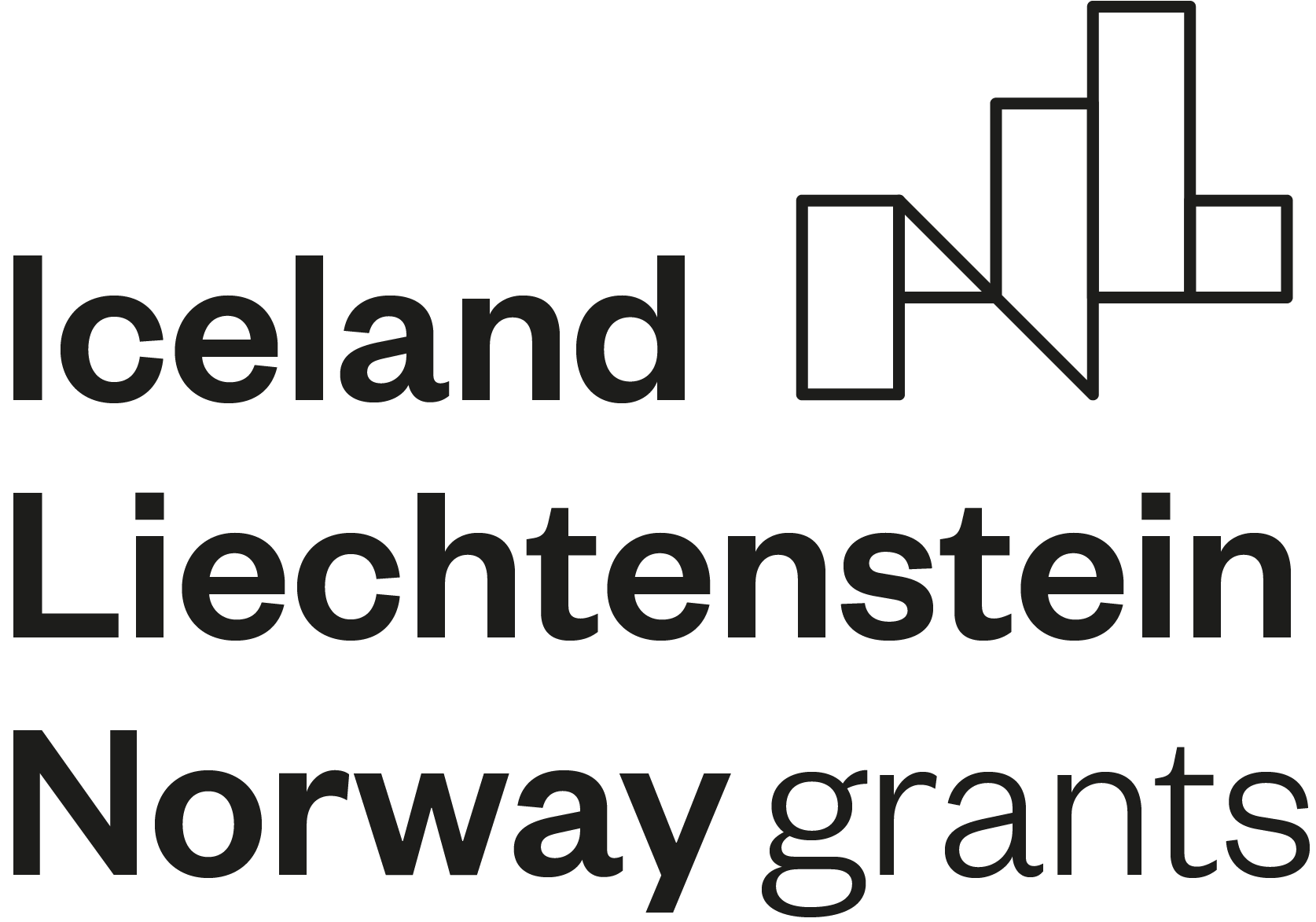One of the basic goals of the AION project was to revise the curricula functioning in work-preparing schools and develop a modern strategy of work-preparing education for people with more severe intellectual disabilities. By conducting empathizing activities, i.e. a kind of diagnosis of the needs and resources of schools, we tried to capture all the weak points of school education at the level of preparation for work, as well as search for existing resources and starting points allowing for change.
People with more severe intellectual disabilities, due to the specificity of their functioning, need possibly specific experiences in virtually every area for an effective teaching process. To learn, for example, how to sweep, they must not only make many attempts and repetitions, but also experience sweeping in many different places and situations, work with different brooms at different times of the day and year, with different people, so that the skills acquired can be generalized. Unfortunately, the Polish classroom and lesson system is quite rigidly tied to desks, bells, 45-minute lessons, etc. Special education departs significantly from such work organization and is characterized by much greater flexibility compared to mainstream schools, but despite everything, vocational education often has highly simulation nature, far from the challenges of the real labor market. This is due to many reasons, in addition to those related to infrastructure, there are also social factors such as concern for safety, which sometimes turns into overprotection, organizational limitations such as lack of time for multiple repetitions and mistakes resulting in too much support from teachers, low openness / readiness for error and failure, also resulting in excessive support from teachers, and many others that cannot be listed here, but were taken into account when developing the proposed materials.
When preparing the strategy in question, we held many consultations with employees of the Sosnowiec District Labor Office, during which we managed to establish a list of jobs that, on the one hand, in the opinion of teachers, are within the reach of students’ educational possibilities and, on the other hand, in the opinion of the Labor Office, create a possible real chance for future employment. As a result, an extensive set of materials was created that could support schools and teachers in schools preparing for work.
- A set of surveys for the purposes of professional pre-orientation – they allow you to discuss your interests and knowledge about particular professions together with the teacher. They are more of a guide for talking to students about individual jobs than rigid measuring tools. When starting work, it is worth purchasing teaching aids such as pictograms (a set of basic pictograms is attached to individual teaching programs), films, and basic supplies and materials.
- A complete set of teaching programs for individual workplaces. The programs are constructed in tabular form and contain a detailed description of the educational content. The basic work methodology recommended for use in working with programs is the efficiency formative assessment methodology. The programs are divided into parts corresponding to work areas in particular professions. Additionally, each part is divided into the following areas: knowledge about basic materials, tools, utensils, activities and occupational health and safety related to work in a given position, while skills refer to specific work activities performed in a given position.
- Know-how about effective formative assessment – a mini guide to the basic assumptions of the method. This method is a combination of scouting skills and selected formative assessment techniques. Great emphasis is placed on the student’s independent work and developing his competences in self-evaluation of his work. Self-assessment is an integral and, in fact, key aspect of activities using it. You can find many materials on this topic on the Internet. A valuable source of knowledge may be the methodological manual developed in the “EOS” project, available HERE.
- Know-how about the e-portfolio method, which allows for documenting the learning process and creating an interactive CV for potential employers, allowing them to get acquainted with the competencies of future employees. It is not a tool that allows for any recognition of qualifications, but it allows for a specific presentation of the competencies possessed by a person with intellectual disabilities in a way that is accessible and understandable to employers.
- A set of selected sample skills cards, worksheets and other teaching materials developed during the implementation work in the “AION” project.
